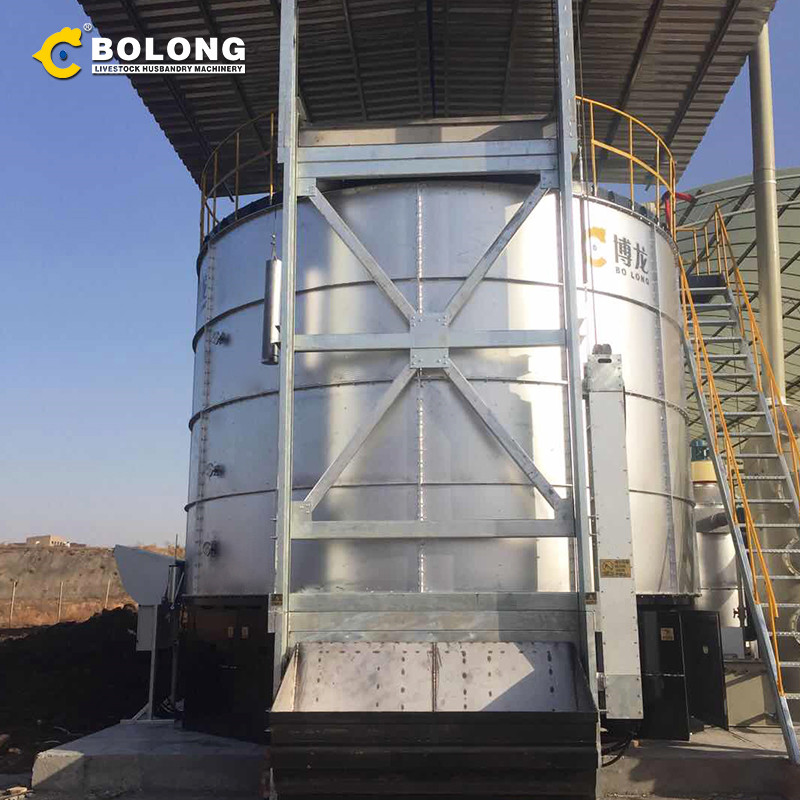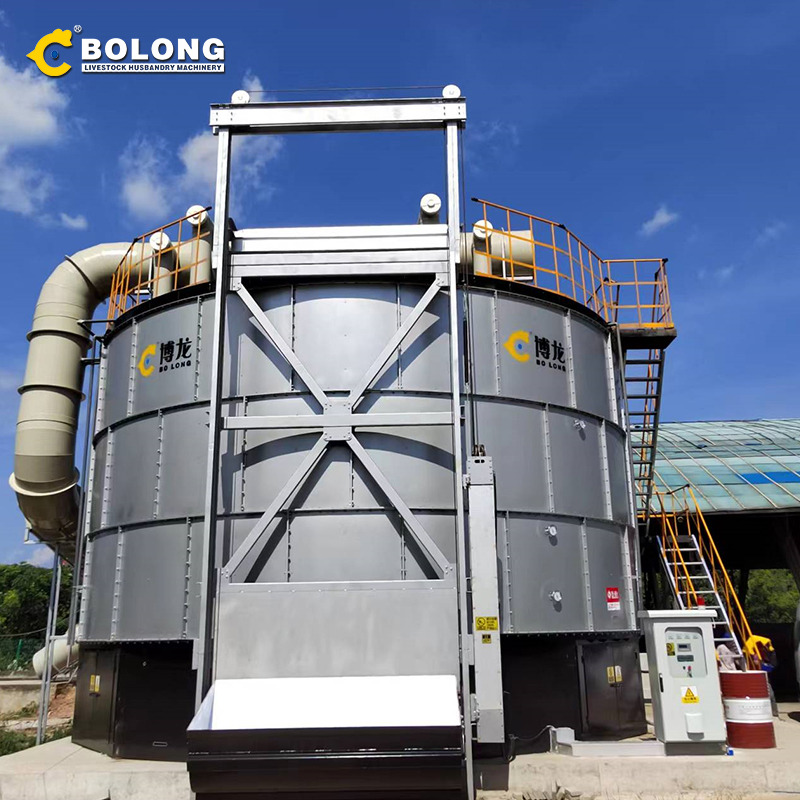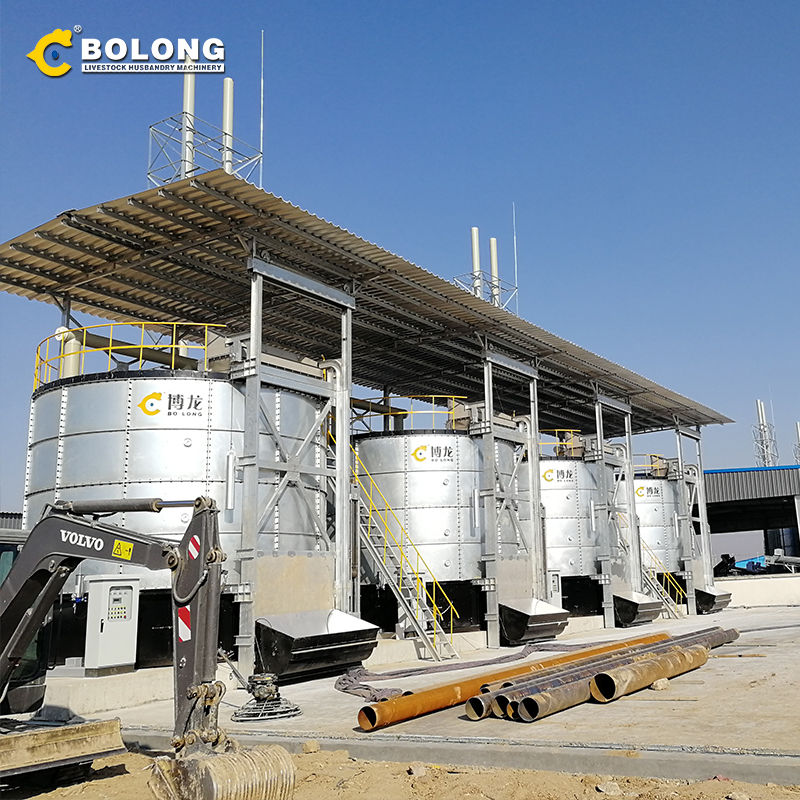With the global attention to sustainable agriculture and environmental protection, organic fertilizer composting machines, as an efficient and environmentally friendly fertilizer production equipment, are gradually becoming an important part of modern agriculture. This article will explore in depth the working principle, advantages, application scenarios and how to choose a suitable composting machine of organic fertilizer composting machines to help you better understand this green technology.
Organic fertilizer composting machines are usually composed of tank body, stirring system, ventilation system, temperature control system and exhaust system. The tank body is the core container of the fermentation process. The stirring system ensures that the materials are evenly mixed, the ventilation system provides the necessary oxygen, the temperature control system maintains the appropriate temperature, and the exhaust system discharges harmful gases.
The fermentation process mainly includes raw material pretreatment, inoculation, fermentation, maturation and discharging. Raw material pretreatment includes crushing, mixing and adjusting moisture; inoculation is to add microbial agents to the raw materials; fermentation is carried out under suitable temperature and oxygen conditions; maturation is to further stabilize the fermentation products; discharging is to take out the fermented organic fertilizer.

Compared with traditional composting, organic fertilizer composting machines can significantly shorten fermentation time and improve production efficiency. By precisely controlling temperature, humidity and ventilation, the composting machine can complete the decomposition and transformation of organic matter in a shorter time.
The composting machine can effectively control the odor and harmful gases generated during the fermentation process and reduce pollution to the surrounding environment. In addition, the composting machine can also convert organic waste into valuable organic fertilizer to achieve resource recycling.
Modern organic fertilizer composting machines are usually equipped with automated control systems that can achieve automatic stirring, automatic ventilation and automatic temperature control, which greatly reduces labor intensity and improves production stability and consistency.
In agricultural planting, organic fertilizer composting machines can provide high-quality organic fertilizers for crops, improve soil structure, and increase crop yield and quality. Especially in organic agriculture and green agriculture, the application of composting machines is particularly important.
In livestock and poultry breeding, composting machines can convert livestock and poultry manure into organic fertilizer, reduce the pollution of manure to the environment, and provide additional economic benefits for the farm.
In urban waste treatment, composting machines can convert organic waste into organic fertilizer, reduce the amount of landfill, reduce the cost of waste treatment, and provide fertilizer for urban greening.

Different production scales require composting machines of different capacities. Small farms can choose small composting machines, while large agricultural enterprises need to choose large composting machines to meet the needs of large-scale production.
Different organic raw materials require different fermentation conditions. For example, raw materials with high moisture content need to choose a composting machine with good drainage performance, while raw materials with high fiber content need to choose a composting machine with strong stirring function.
The price of organic fertilizer composting machines varies by brand, specification and function. When choosing a composting machine, you need to weigh the budget and actual needs and choose the product with the best cost performance.
With the development of the Internet of Things and artificial intelligence technology, future organic fertilizer composting machines will be more intelligent, able to achieve remote monitoring, automatic adjustment and data analysis, and further improve production efficiency and product quality.
Future composting machines will not only be limited to the production of organic fertilizers, but will also have other functions, such as biomass energy production, wastewater treatment, etc., to achieve diversified utilization of resources.
With the enhancement of environmental awareness, future composting machines will pay more attention to environmental performance, adopt more environmentally friendly materials and processes, and reduce energy consumption and environmental pollution.

As the green engine of modern agriculture, organic fertilizer composting machines are contributing to the sustainable development of global agriculture. By understanding its working principle, advantages, application scenarios and selection methods, we can better utilize this technology to promote the green transformation of agriculture. I hope this article can provide you with valuable information to help you make wise decisions in the selection and application of organic fertilizer composting machines.